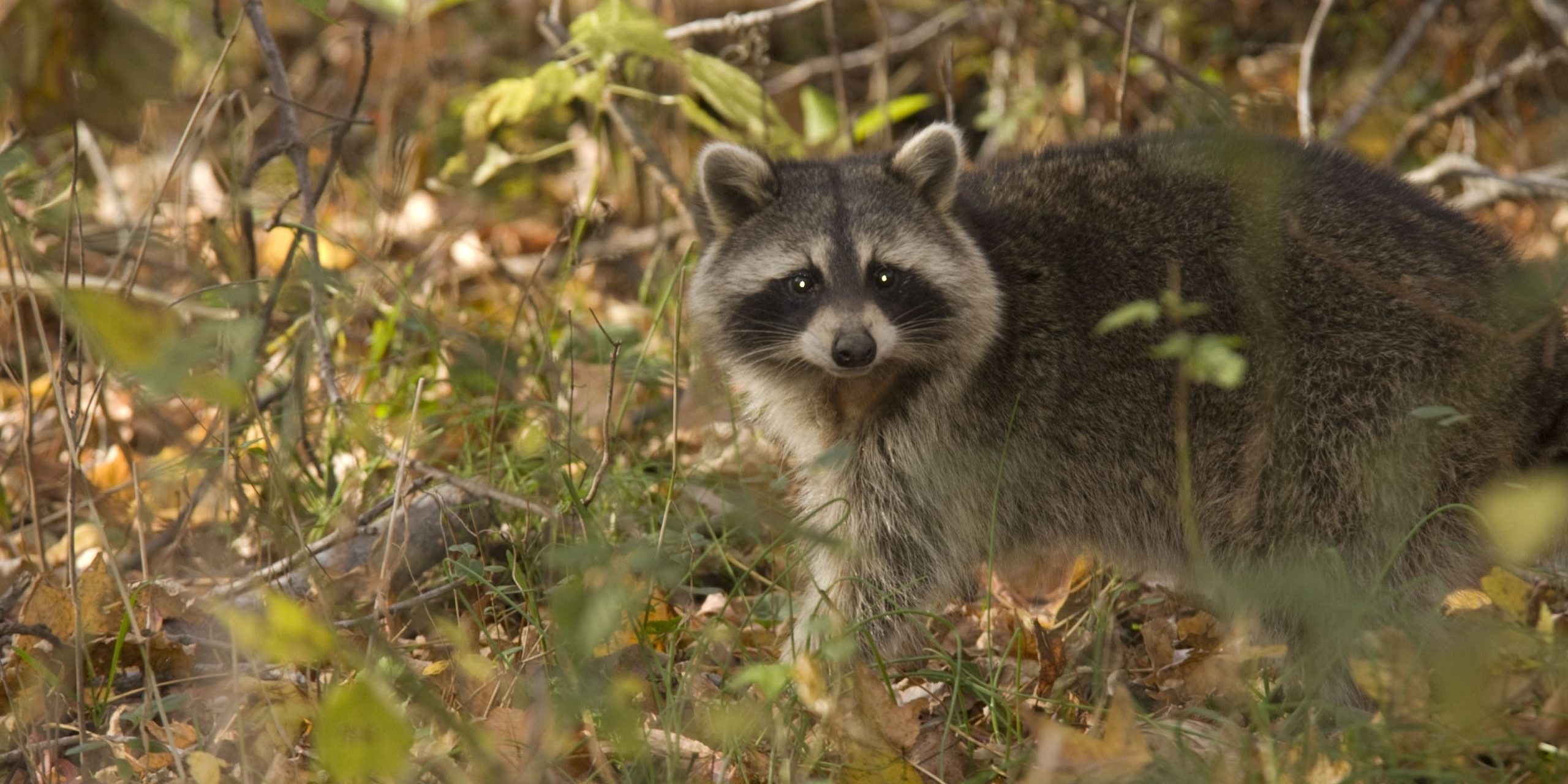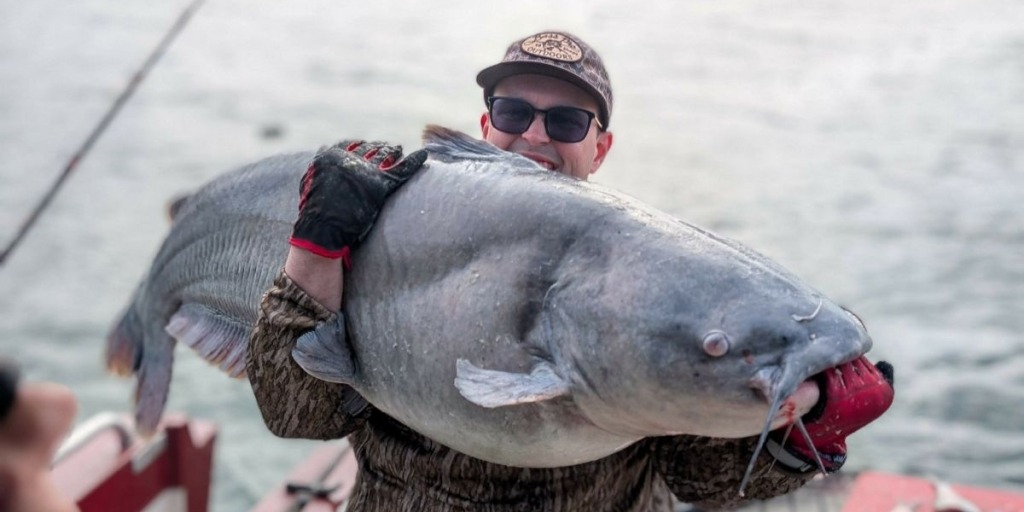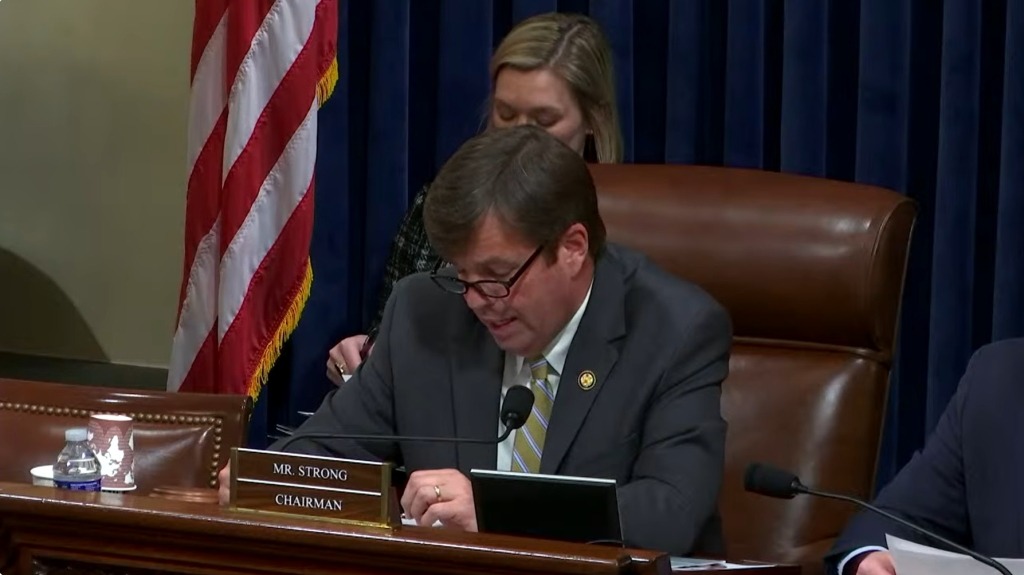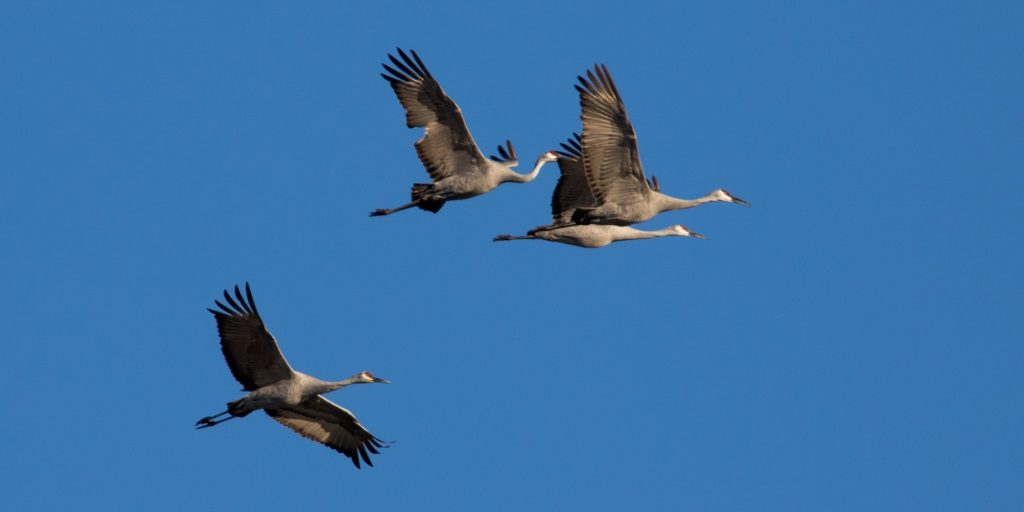GADSDEN — If you see small packets being dropped from low-flying aircraft, it’s nothing nefarious.
The drops are part of the 21-year-old U.S. Department of Agriculture’s National Rabies Management Program.
THe USDA’s Animal and Plant Health Inspection Service, Wildlife Services, in cooperation with the Alabama Department of Health, will be distributing oral rabies vaccine baits for wildlife in parts of northeastern and central Alabama during the month.
The vaccine baits have been distributed in Alabama since 2003 in partnership with state and local public health agencies. This effort seeks to prevent the westward movement of the rabies virus most often spread by raccoons by creating a barrier along the Appalachian Mountains from the Canadian border to Alabama.
The baits will be dropped from vehicles and low-flying airplanes and helicopters. The effort is expected to last approximately three weeks.
Helicopter baiting took place this week in Albertville, Arab, Fort Payne, Gadsden, and Scottsboro.
Through Oct. 21, low-flying planes will drop the baits in the rural areas of Bibb, Blount, Calhoun, Cherokee, Chilton, Coosa, Cullman, De Kalb, Etowah, Jackson, Jefferson, Madison, Marshall, Morgan, Shelby, St. Clair, Talladega, and Tuscaloosa counties.
More than 1,000,000 baits will be distributed in Alabama during this program. Targeted wildlife species eat the vaccine baits and become vaccinated against rabies.
The vaccine is contained in ketchup-sized packets coated in fishmeal. The odor attracts targeted wild animals, such as raccoons, who eat the baits and are then vaccinated against rabies. The vaccine baits have been proven safe in more than 60 species of animals, including domestic dogs and cats.
Humans and pets cannot get rabies from contact with the vaccine baits; however, if you or your pet find one, please leave it undisturbed. If a person has been in contact with a bait, immediately rinse the area with warm water and soap.
If there has been exposure to the vaccine inside the bait, contact the Alabama Department of Public Health at 1-877-722-6725.
Do not attempt to remove a bait from an animal’s mouth, as you could be bitten. Ingesting the bait will not harm pets. If a pet has eaten several baits, it may experience vomiting or diarrhea that is self-limiting.
Rabies is caused by a virus that infects the central nervous system in mammals and represents a serious public health concern. If exposures to the virus are not treated it is almost always fatal.
Costs associated with detection, prevention and control of rabies exceed $600 million annually in the U.S.
According to the Centers for Disease Control and Prevention, about 90 percent of reported rabies cases in the U.S. are in wildlife. People are urged not to make contact with or feed wildlife and to keep their pets’ rabies vaccinations current.
For more information about the National Rabies Management Program, visit https://www.aphis.usda.gov/national-wildlife-programs/rabies











